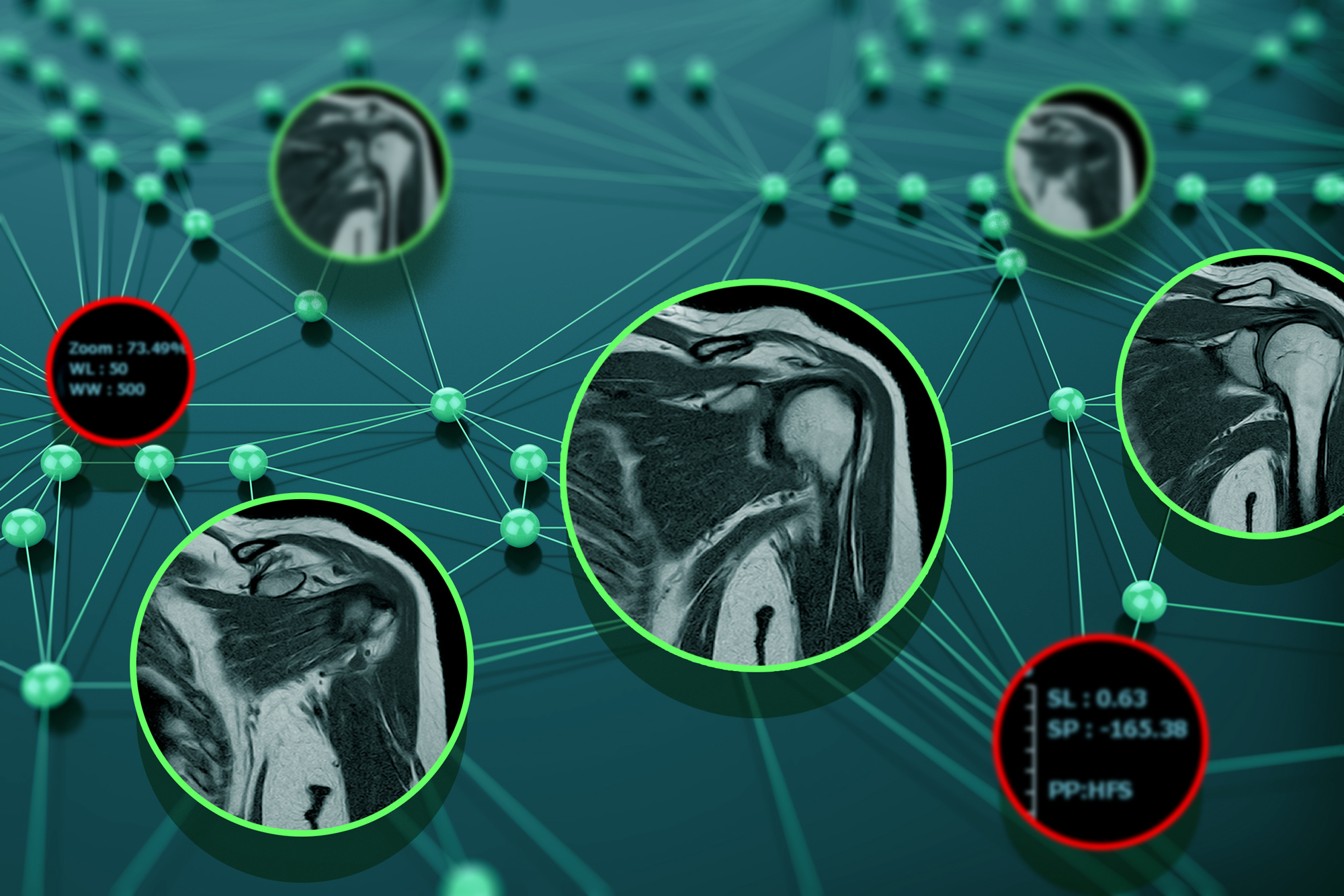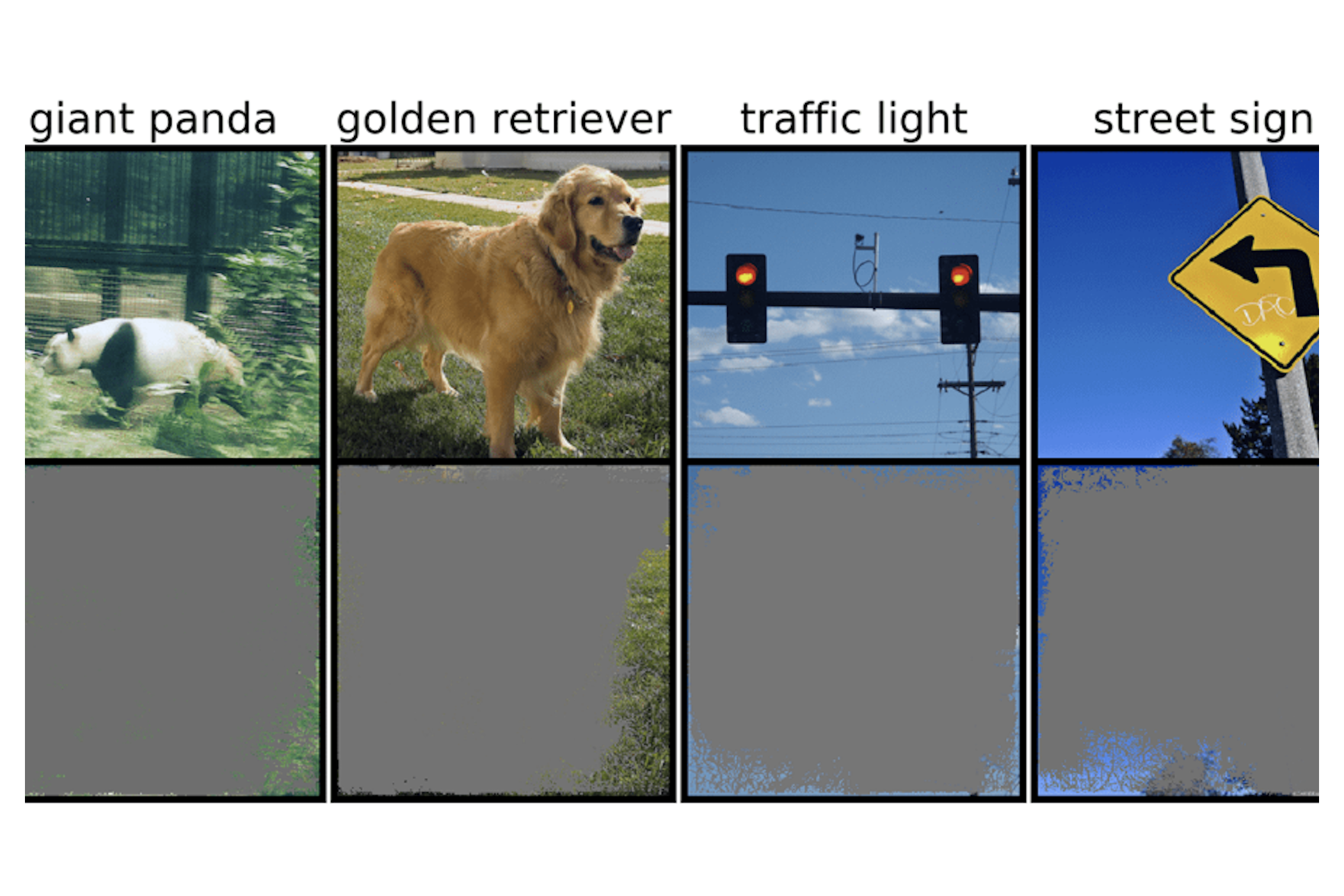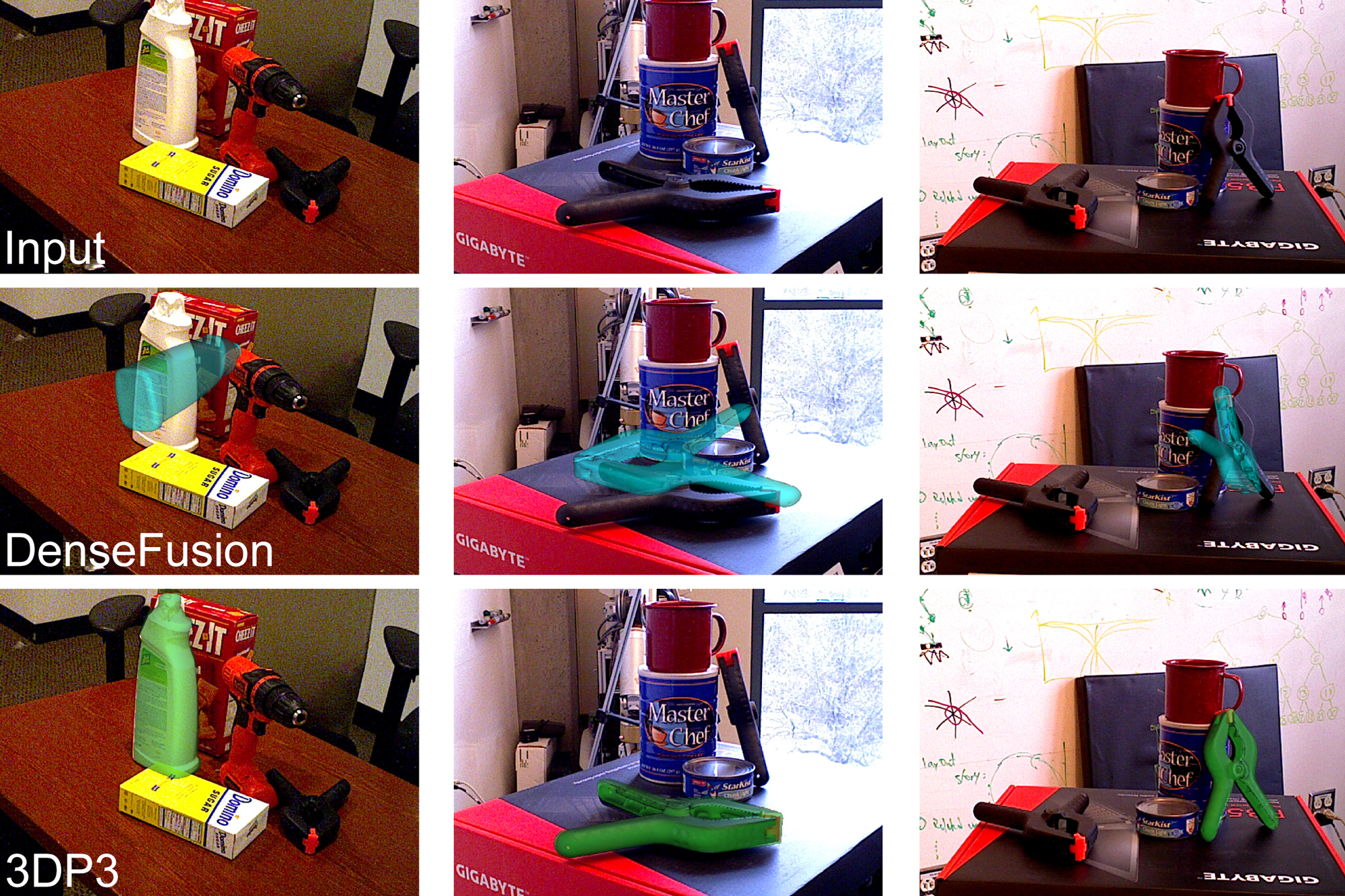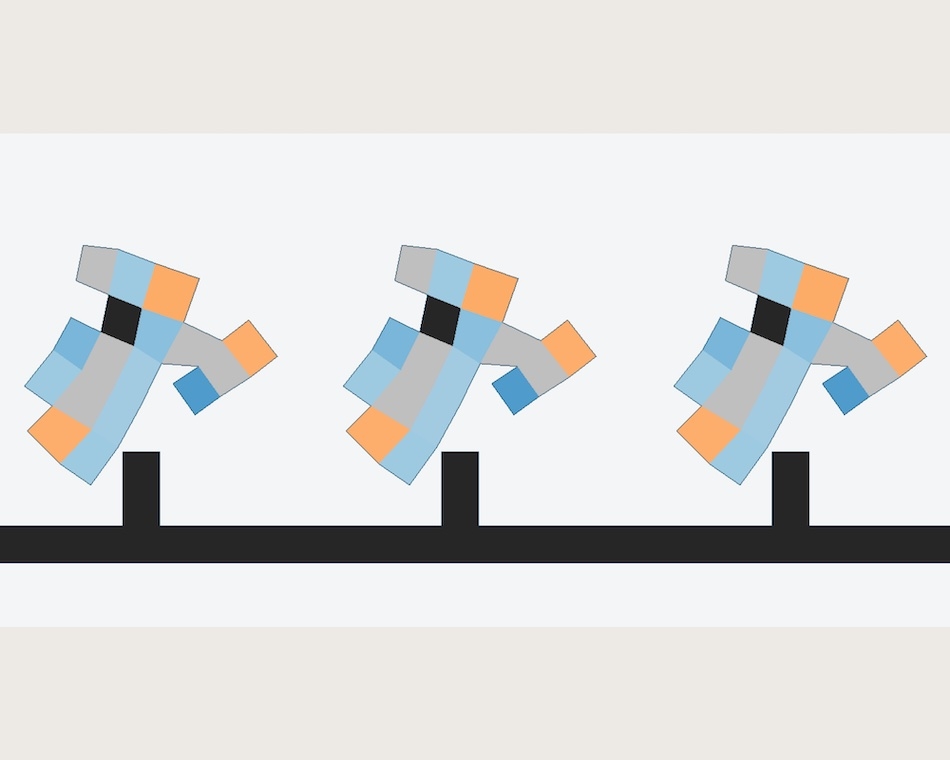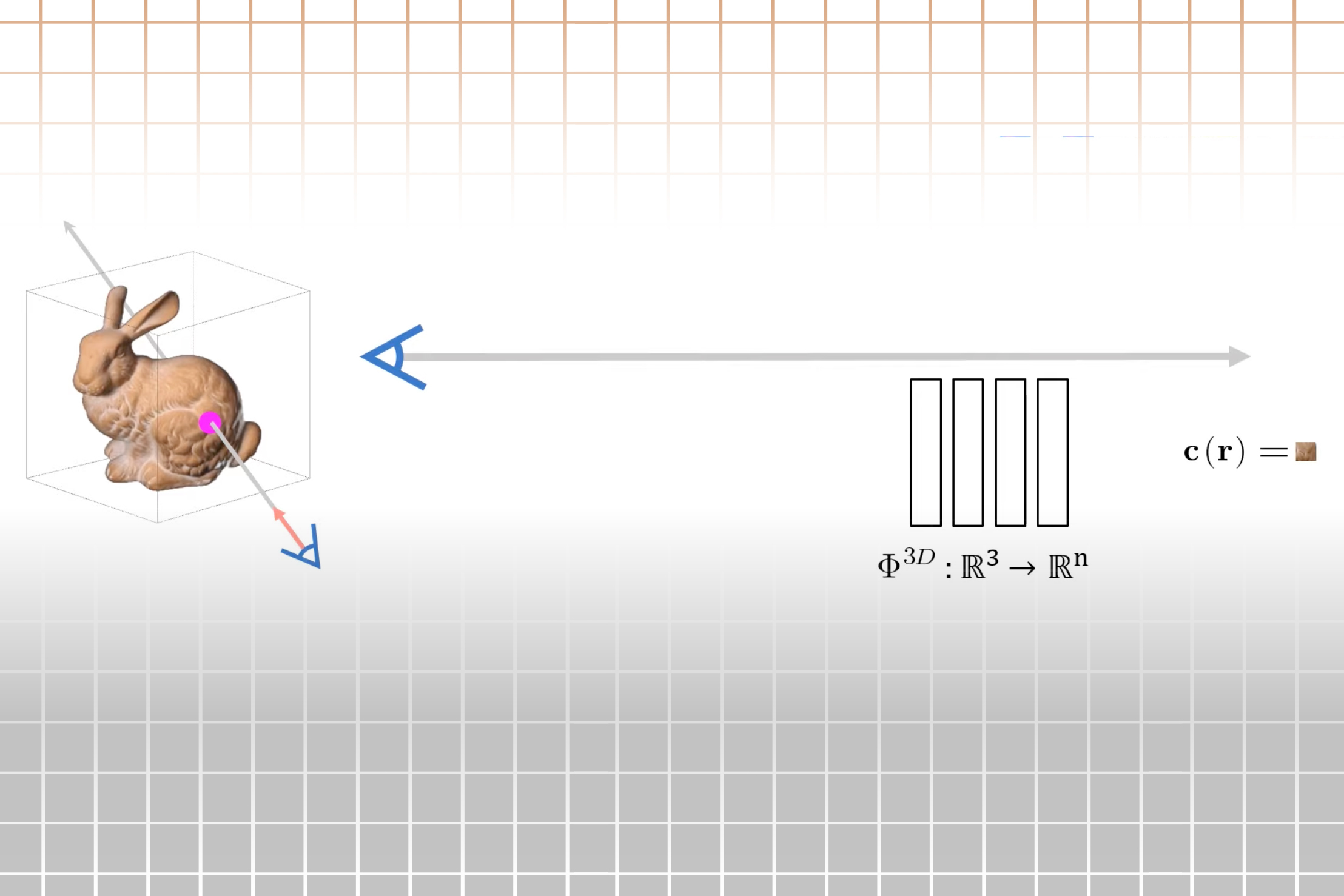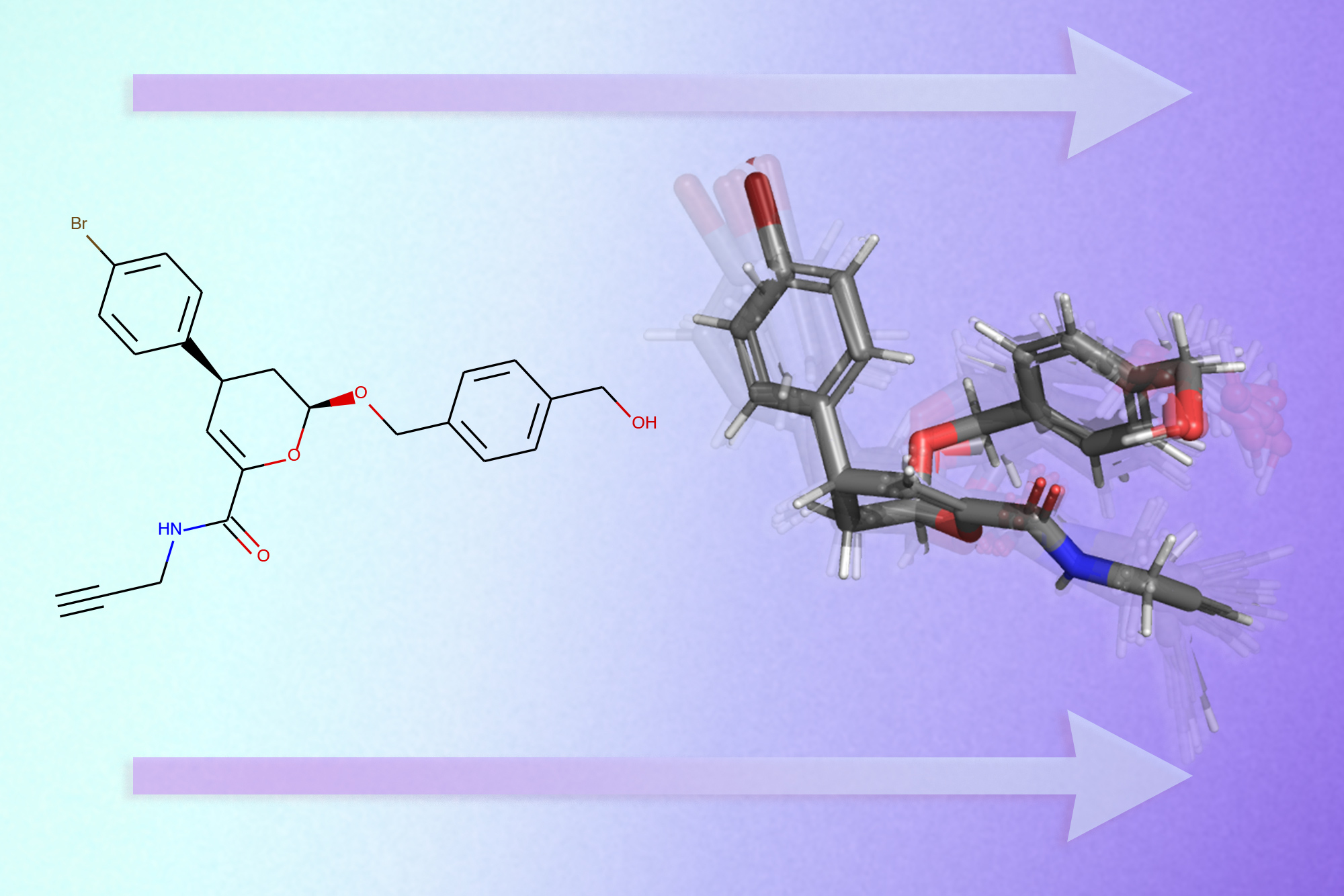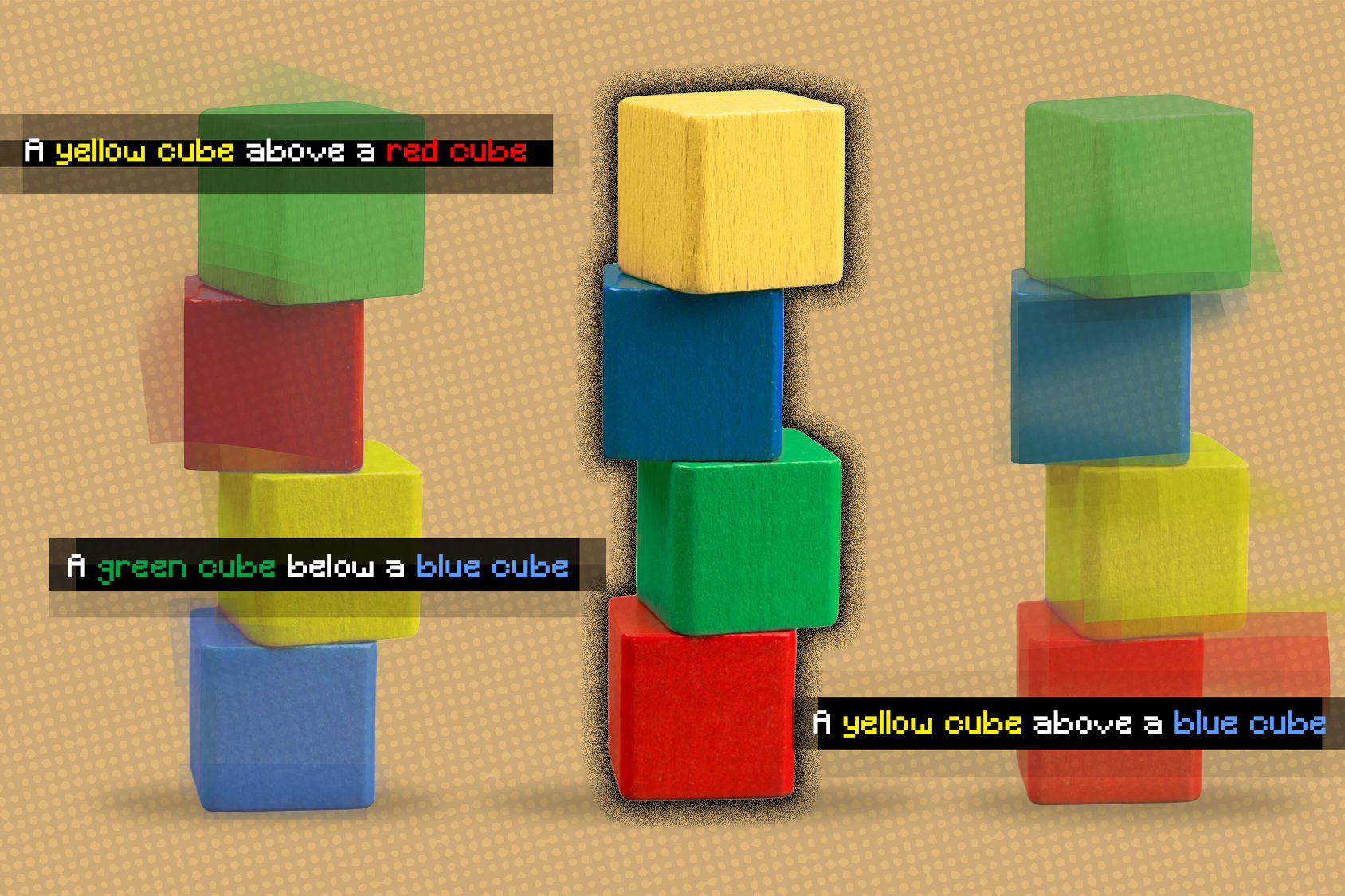Generating a realistic 3D world
A new AI-powered, virtual platform uses real-world physics to simulate a rich and interactive audio-visual environment, enabling human and robotic learning, training, and experimental studies.
Lauren Hinkel | MIT Schwarzman College of Computing •
mit
Dec. 6, 2021 • ~10 min
Dec. 6, 2021 • ~10 min
/
72

